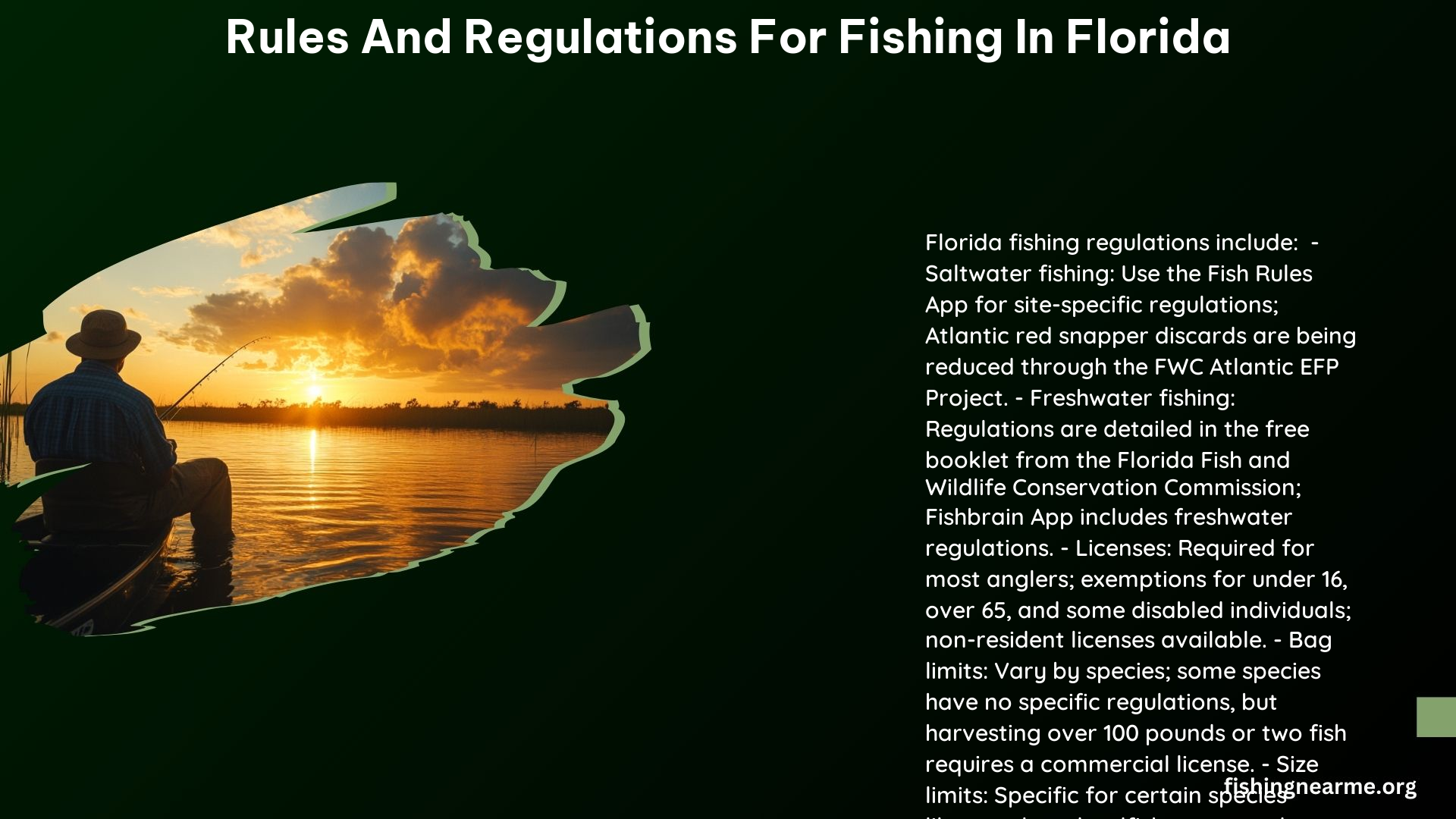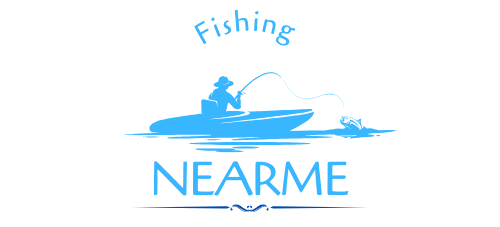Fishing in the Sunshine State is a beloved pastime, but it’s essential to understand the rules and regulations to ensure a safe and legal experience. This comprehensive guide will cover the key details you need to know about Florida fishing licenses, permits, bag limits, size limits, and seasonal restrictions.
Florida Fishing License
Obtaining a valid fishing license is the first step for anyone looking to cast a line in Florida’s waters. Here’s what you need to know:
- Requirement: Residents and non-residents aged 16-64 must possess a fishing license.
- Types of Licenses: Florida offers freshwater, saltwater, and combination licenses. Non-resident licenses are also available.
- Obtaining a License: You can purchase a license online through the Florida Fish and Wildlife Conservation Commission (FWC) website, at county tax collector’s offices, or at tackle shops that sell fishing licenses.
- Cost: The cost of a fishing license varies depending on your residency status and the type of license you need.
- Exemptions: Individuals under 16, over 65, and those with disabilities are exempt from the fishing license requirement.
Fishing Permits

In addition to a fishing license, certain species and fishing activities may require additional permits in Florida. These include:
- Snook Permit: Required for harvesting snook when a saltwater license is needed.
- State Reef Fish Angler Designation: A free permit required for reef or bottom fishing.
- Shoreline Fishing License: A free permit required for fishing from shore, beach, bridge, or structure attached to land.
Bag Limits and Size Limits
Florida has specific regulations in place to ensure the sustainability of its fisheries. These include:
- General Bag Limit: 100 pounds or two fish (whichever is greater) for unregulated species.
- Species-Specific Limits: Vary by species, such as snook, redfish, trout, tarpon, and kingfish.
- Size Limits: Also vary by species, such as snook (28-33 inches).
Fishing Seasons
Certain fish species in Florida have designated open and closed seasons to protect their populations. Some key examples include:
- Snook Season: Closed in the Gulf and Monroe County from December 1 to the end of February and May 1 to August 31. Closed in the Atlantic (excluding Monroe) from December 15 to January 31 and June 1 to August 31.
- Bay Scallop Season: Varies by county, typically from June to September.
Additional Regulations
Florida’s fishing regulations extend beyond licenses, permits, and catch limits. Anglers should also be aware of the following:
- Gear Restrictions: Prohibitions on multiple hooks, spearing, and other gear.
- Boating Regulations: Boater safety ID card required for those born after January 1, 1988.
- Descend Act: Requires venting tools or descending devices for reef fishing in Gulf of Mexico Federal waters.
Resources and Contacts
To stay up-to-date on the latest fishing regulations in Florida, anglers can refer to the following resources:
- Florida Fish and Wildlife Conservation Commission (FWC): The primary source for fishing regulations and licenses.
- FishVerify App: Provides species-specific regulations and updates.
- Fishbrain App: Includes freshwater regulations and site-specific information.
If you have any questions or need further assistance, you can contact the Florida Fish and Wildlife Conservation Commission at (850) 488-4676 or through their website at myfwc.com/contact/.
